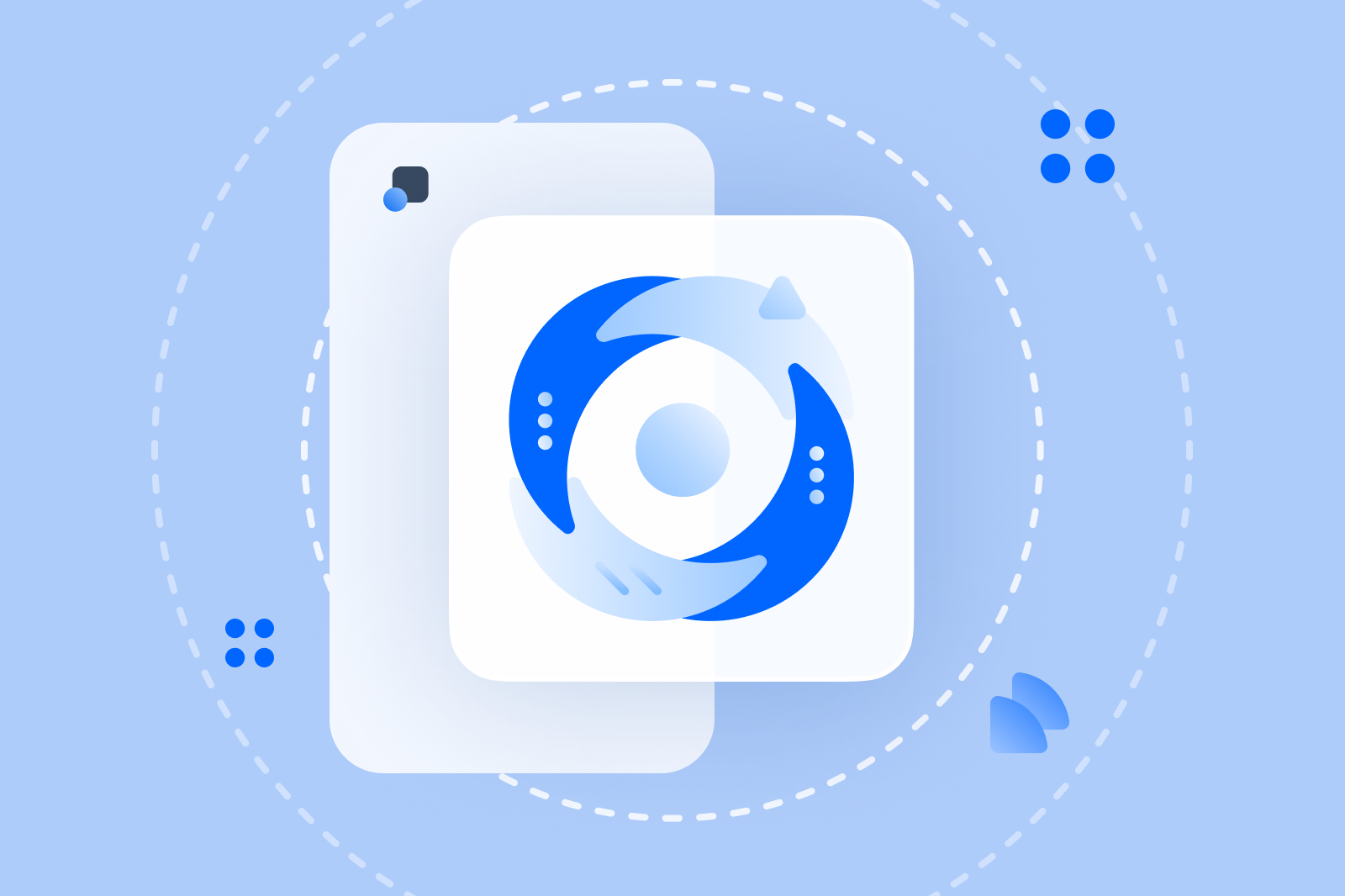Private Equity Deal Sourcing
Private equity firms compete on their ability to identify the right opportunities before others do. Modern deal sourcing platforms give investors a faster, data-driven way to discover private companies, assess fit, and build qualified pipelines across fragmented markets. This 2025 review highlights the best platforms for middle market private equity deal sourcing, comparing how leading tools like Inven, PitchBook, and Grata help firms uncover proprietary opportunities and streamline sourcing.
Key Takeaways
- The most effective private equity sourcing software blends comprehensive private-market data with AI-assisted discovery.
- Inven is the first AI-native platform purpose-built for private-market deal sourcing, enabling PE teams to build add-on and platform pipelines 10x faster.
- Firms increasingly rely on data enrichment, intent-to-sell signals, and natural-language search to expand proprietary deal flow.
- Deal sourcing software pricing ranges from thousands to tens of thousands per user annually, depending on software, data access and integration level. Higher-cost software may be quoted at the hundred thousands.
Top Private Equity Deal Sourcing Platforms in 2025 Compared
Private equity deal sourcing is undergoing an AI-driven transformation. Platforms like Inven combine ownership, revenue estimates, and behavioral intent signals to identify private companies before competitors do. Compared with legacy providers such as PitchBook or Capital IQ, AI-native tools now deliver deeper visibility into the lower- and middle-market, helping investors build differentiated, proprietary pipelines globally.
Below, eight private equity data providers are introduced to explore the best options available in the market.
1. Inven – AI-Native Deal Sourcing for the Global Private Market
Inven is the leading AI-native deal sourcing platform built for private equity. It combines data on more than 21 million companies and 430 million executives. It enables investors to find acquisition targets through natural-language prompts such as: “B2B SaaS companies in the UK,” filtered strategically by e.g., revenue, headcount growth, and intent-to-sell indicators.
PE teams use Inven to identify platform and add-on targets, map sectors, and maintain dynamic coverage lists. Its Chrome extension and AI search replace hours of manual research with exportable, qualified results in seconds.
Best for: PE firms sourcing proprietary or add-on deals across fragmented markets.
Strengths: Competitive pricing, AI-powered discovery, contact and ownership data, Chrome extension, collaboration tools, and unmatched ease of use.
Limitations: Focused on private-market discovery rather than public-company financial modeling or macro-level datasets.
Inven Pricing: Custom, competitive and aligned with firm size and sourcing mandate.
Get started with Inven to discuss personalized pricing.
2. PitchBook – Transaction and Fund Intelligence
PitchBook remains a cornerstone for analyzing completed deals and fund activity. It’s excellent for valuations but reactive by nature – focused on historical data rather than surfacing new, undiscovered targets.
PE teams often use PitchBook for portfolio reviews, fundraising decks, and tracking competitor investments across funds. However, PitchBook’s data is strongest for disclosed or larger deals, meaning smaller private companies can be under-represented.
Best for: Comparable-transaction analysis and investor tracking.
Strengths: Detailed deal histories, valuation multiples, and fund data.
Limitations: Limited visibility into small and family-owned companies.
PitchBook Pricing: According to third-party sources, typically from the mid-$20K range per year.
See how Inven and PitchBook compare in more detail.
3. Grata – Mid-Market Discovery
Acquired by Datasite, Grata uses website data and machine learning to identify middle-market companies – most widely used by U.S. private equity and search funds. Its U.S. focused coverage and slower enrichment pace make it more limited for global or high-volume sourcing teams.
It helps investors map industries, discover emerging businesses, and enrich CRM pipelines. Users appreciate event data and integrations with outreach tools. Its main limitation is geographic scope as reportedly, most coverage centers on North America.
Best for: U.S.-based middle-market sourcing.
Strengths: Website-derived company data, CRM connectivity, and conference lists.
Limitations: Manual enrichment (1–3 days), North America-heavy coverage, and possibly slower roadmap during integration.
Grata Pricing: Estimated at around $15K for an annual basic plan.
See how Inven and Grata compare in more detail.
4. S&P Capital IQ – Financial and Valuation Data
Capital IQ, from S&P Global, is a long-standing platform for financial analysis and public-to-private benchmarking. Private-equity teams use it primarily for modeling, valuation comps, and macro-level industry research. Its sector reports are among the best available.
Many PE professionals rely on Capital IQ to evaluate potential exit valuations and model portfolio performance. That said, Capital IQ is less effective for discovering smaller private businesses or off-market opportunities; its strength lies in analysis, not sourcing.
Best for: Modeling, valuation, and financial benchmarking.
Strengths: Verified public-company data, Excel integration.
Limitations: Less useful for discovering private, sub-$50M revenue targets.
Capital IQ Pricing: Reportedly, enterprise licenses typically start above $25K per user.
5. Gain.pro – European Private-Market Research
Gain.pro provides verified financial, ownership, and performance data on European private companies. Built by former investors, it focuses on profitable, fast-growing businesses that fit buyout or add-on criteria. The platform blends official filings with analyst research, enabling users to identify and benchmark potential investment targets.
It’s widely used by European mid-market private equity and corporate finance teams conducting thematic or regional sourcing.
Best for: European mid-market buyout and add-on deal sourcing.
Strengths: Verified European financials, analyst-enriched data, detailed ownership and performance metrics.
Limitations: Primarily Europe-focused; smaller global footprint compared to platforms like Inven.
Gain.pro Pricing: Custom enterprise pricing; typically low-to-mid five-figure annual licenses per firm.
6. Cyndx – AI-Assisted Company and Investor Matching
Cyndx applies AI to connect investors, acquirers, and companies seeking capital. Its machine-learning engine analyzes company attributes, funding signals, and network connections to generate investor–target matches.
Private-equity professionals use it to identify capital-raising businesses, co-investors, and acquisition prospects with funding intent.
Best for: Growth-stage and mid-market investors sourcing new opportunities or co-investors.
Strengths: AI-based deal matching, integrated investor network, visualization of company–investor relationships.
Limitations: Smaller private-company coverage universe and limited transparency in underlying data sources.
Cyndx Pricing: Reportedly mid-five-figure annual licenses, depending on access and seat count.
7. Valu8 – Nordic Private-Market Data
Valu8 focuses on privately held small and mid-sized companies across the Nordic and broader European markets. It aggregates registry data, financials, and ownership information to support buy-and-build or consolidation strategies in Northern Europe, where registry transparency is strongest.
Its strength lies in verified, localized data. Coverage outside Europe is limited, but for firms active in the region it can act as a reliable resource.
Best for: European buy-and-build strategies.
Strengths: Verified registry data, strong regional coverage.
Limitations: Coverage limited outside Europe.
Valu8 Pricing: Custom licenses.
8. Sourcescrub – Web Source Based Company Discovery
Sourcescrub is a private-company intelligence platform recently integrated into Datasite’s broader M&A technology ecosystem. Following Datasite’s acquisition of Sourcescrub and Grata, the two solutions are being combined to create a single deal-sourcing suite.
Historically, Sourcescrub helped investors identify private companies through web and market activity data. While the combined platform promises deeper functionality, product overlap and a U.S.-heavy data focus make it less suited for global sourcing teams.
Best for: U.S. middle-market origination and outbound deal sourcing.
Strengths: Broad private-company data coverage, and CRM connectivity.
Limitations: Primarily U.S.-focused, manual data enrichment process, and possibly slower product development during integration.
Sourcescrub Pricing: Typically starts in the low-five-figure range per seat.
Deal Sourcing Platform Pricing Overview
Pricing for deal sourcing platforms varies by scale of access, number of users, and available features. For most deal sourcing platforms, pricing operates on an annual subscription with tiered plans. Large institutions often select enterprise agreements that include custom integrations and better workflow support.
Because each vendor structures its pricing differently – some per user, others by dataset or functionality – direct comparison is rarely meaningful. For detailed pricing information, request an introduction and offer from your selected software provider.
Inven offers free trials and custom pricing aligned to each firm’s sourcing mandate.
How Private Equity Firms Use Deal Sourcing Platforms
Modern private-equity teams integrate sourcing software throughout the investment lifecycle:
- Market mapping: Define and visualize the full universe of targets in a niche.
- Add-on origination: Identify bolt-ons for existing portfolio companies.
- Proprietary outreach: Surface intent-to-sell or generational handover signals.
- Valuation benchmarking: Access deal multiples and comps in one place.
- Workflow integration: Export target lists and sync directly to CRM systems.
How do private equity firms use AI tools for deal sourcing?
Teams increasingly rely on AI to interpret unstructured signals (website content, hiring trends, ownership changes) and to rank targets by fit and intent. Inven pairs natural-language search with verified ownership and contacts so investors can build platform and add-on pipelines faster and with more confidence.
By using Inven, teams streamline these steps in a single interface – shifting time from manual research to strategic engagement.
What to Evaluate When Choosing a Platform
When selecting a private-equity deal sourcing platform, key considerations include:
- Breadth of private-market coverage
- Search precision using AI or natural-language logic
- Accuracy of ownership and contact data
- CRM and workflow integration
- Collaboration across investment teams
- Support & responsiveness of product development
Unlike traditional data providers, Inven combines unstructured web and registry data through AI – ensuring niche coverage and off-market visibility unavailable in older systems.
Conclusion – Selecting the Right Platform
Choosing the best private equity deal sourcing platform depends on your firm’s strategy, coverage requirements, and collaboration needs.
As legacy databases evolve slowly and regional tools remain fragmented, Inven stands out as the AI-native platform purpose-built to unify private-market data, discovery, and outreach – giving PE firms a competitive advantage in finding proprietary deals first.
Inven delivers the most advanced AI-native sourcing, ideal for firms pursuing proprietary global deal flow.
PE and M&A advisory users consistently report measurable efficiency gains with Inven:
- 10x faster sourcing
- 30% more qualified companies than legacy platforms
- 4.8/5 G2 rating for data accuracy and ease of use
Book a demo to explore how Inven helps PE teams uncover opportunities others miss and build stronger, more proactive sourcing pipelines.








